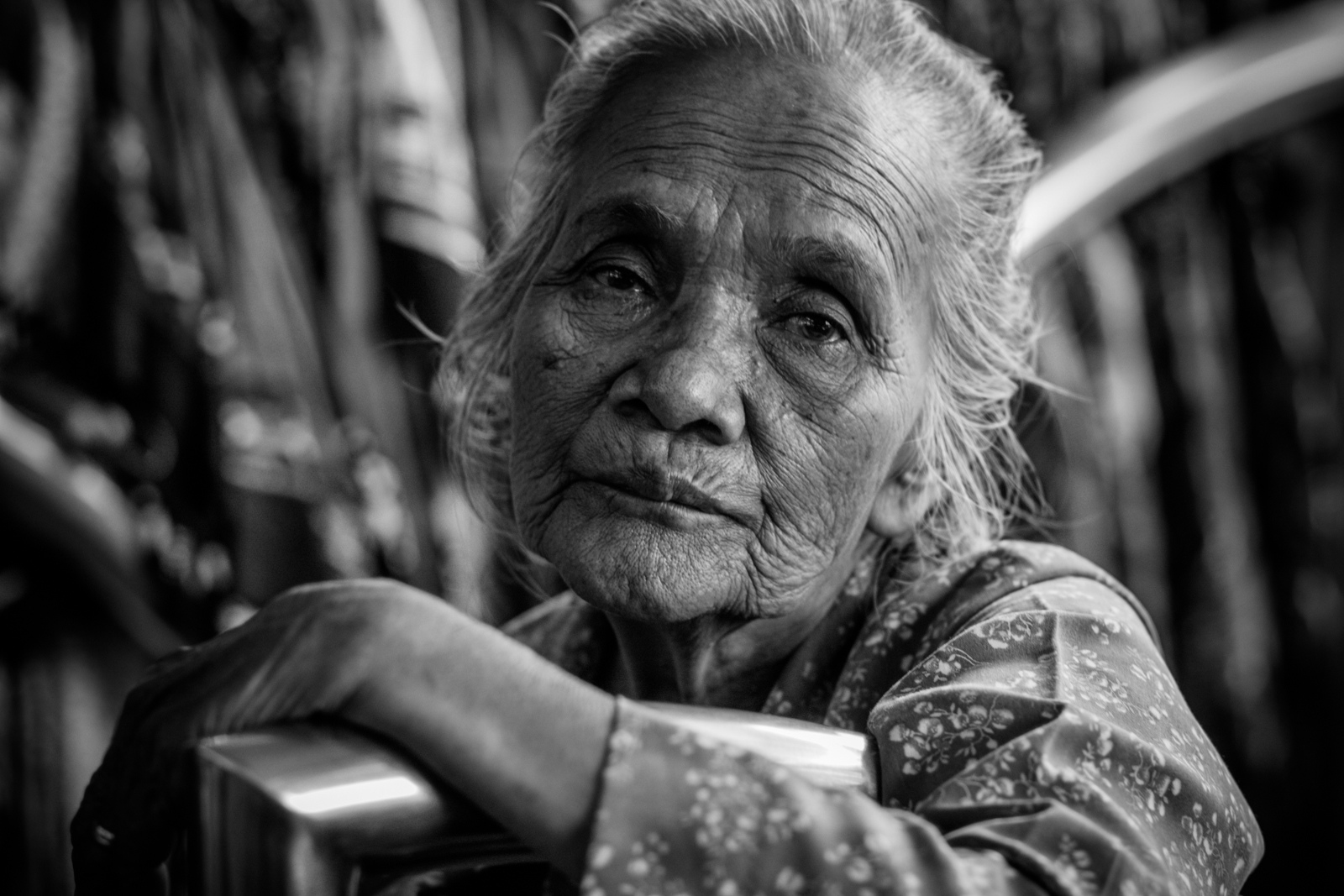
Indonesia is an ageing society. There are approximately 20 million older people, and by 2050 this is projected to reach 70 million. But with only 11% accessing contributory pension schemes, there is very limited income security for the vast majority in older age.
Sub-national governments in Indonesia are showing strong commitment to filling this gap, particularly in the district of Aceh Jaya in Aceh province where everyone aged 70 and over – 2,709 people – receives a monthly cash transfer of 200,000 Indonesian rupees (US$15). This is the High-Risk Elderly Social Assistance Program, or ASLURETI.
Why opt for a universal pension over a targeted scheme?
Asked why the pension is universal, district head Azhar Abdurrahman said: “It’s simple. Every older person here is vulnerable and in need of the support. I could not give this support to some and not to others. Yes, we had fiscal constraints, but we agreed to increase the eligibility age to 70 when we created the budget rather than select the poor. It was the right thing to do.”
And he was correct. A recent evaluation of ASLURETI, commissioned with the support of the Australian Government, shows many older people receiving the pension are poor and vulnerable:
- Three-quarters earn less than one million Indonesian rupees (US$75) a month.
- Approximately 20% live with a disability.
- More than half of older people are widowed (of which 91% are women), partly due to the high mortality rate during the 2004 tsunami that hit the country.
- Roughly one-third live alone.
- 77% have not completed elementary school.
- 75% are unable to read and write.
How has the Aceh Jaya pension benefited older people?
Although a small amount for a social pension, the evaluation highlights just how transformative US$15 a month can be for the lives of older people. Those receiving the cash prioritised purchasing food, both for themselves and their households, healthcare expenses, and grandchildren’s pocket money and school expenses.
“I’m the sole carer for myself and my disabled son. ASLURETI helps with our food costs, and each payment cycle I put away funds for his medical costs. That way, when he urgently needs a doctor, I don’t need to stress,” one person receiving the pension said.
When asked what the single biggest impact of ASLURETI has been, most expressed that it has improved their status within their households and communities.
The reliance on children to take care of the day-to-day needs of their older parents can lead to strained relationships, but the regular transfer has made them contributors rather than dependents.
Eighty-five percent of people receiving the pension also claimed to be more active in their villages. They have become consumers, entrepreneurs, participants in social events and providers of charity.
One local village leader said: “For older people, this means a lot… their ability to engage in their community and partake in village life – it’s an increase in citizenship, an exercise of confidence and dignity.”
Caregivers have benefited too. The majority now feel they can focus more on their children, and the whole household now eats better due to ASLURETI.
These are impressive achievements for a modest district pension, and it illustrates just how feasible and affordable a social pension can be. With only 0.19% of GDP, Indonesia could extend this programme to introduce an inclusive social pension of 200,000 Indonesian rupees for everyone in the country aged 70 and over.
This would reduce poverty and provide significant benefits not just for older people, but for all Indonesian citizens.
Find out more about HelpAge’s work on social protection.
